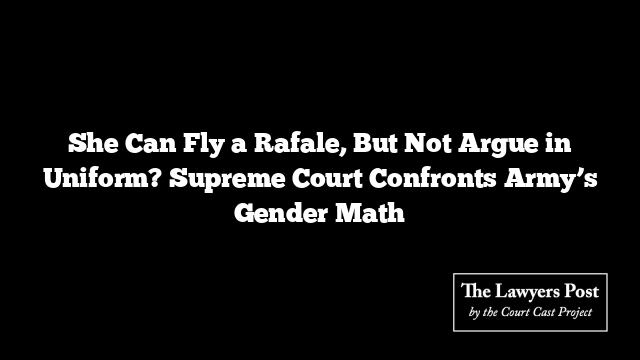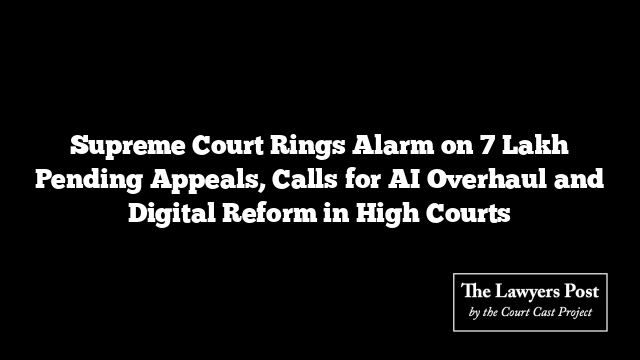The Indian Army’s recruitment math came under fire this week, as the Supreme Court reserved its judgment on a challenge brought by two women denied selection into the 31st JAG (Judge Advocate General) Entry Scheme, despite ranking fourth and fifth in the merit list.
The top court didn’t mince words during the hearing on May 8, directing a pointed question at the Army: “If a woman can fly a Rafale fighter jet for the Air Force, why is she not equally welcome in your legal corps?” The rhetorical punch landed hard, spotlighting the persisting imbalance in how opportunities are parceled out between men and women in uniform.
The petitioners argue that the Army continues to restrict women’s participation in its legal branch by capping the number of available slots—just a handful compared to those open to male candidates. Despite outperforming their male counterparts in the written exams and interviews, the women were denied final selection solely because fewer seats had been set aside for female applicants.
The Army, for its part, has stuck to its current policy, justifying it on operational grounds. But the bench wasn’t entirely convinced. One of the judges noted the irony that while the Air Force allows women to pilot multi-crore war machines at supersonic speeds, the Army hesitates to let them argue a case in the safety of a courtroom.
The case now awaits the Court’s verdict. But the larger question hangs in the air: when merit isn’t enough to overcome gender filters in one of India’s most prestigious institutions, what message does that send to the next generation of women who dare to serve?





